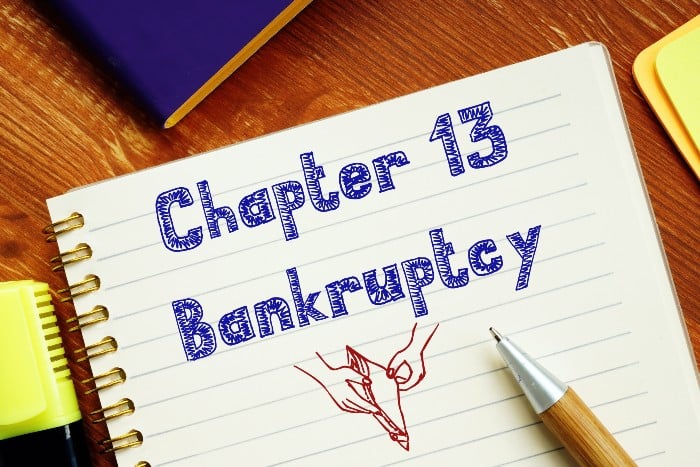The decision to seek bankruptcy relief is difficult, but it comes from a place of necessity and strength. When deciding to file a Chapter 13 bankruptcy it is important to have a clear understanding of the process.
Chapter 13 Bankruptcy
Chapter 13 bankruptcy basically involves an individual entering into a repayment plan with creditors under the guidance of the bankruptcy court.
In a Chapter 13 bankruptcy, the debtor (the person filing bankruptcy) agrees to a specific repayment plan which requires monthly payments to a bankruptcy Trustee. Debtors must also continue to make payments to secured creditors, including, among others, mortgage and car payments.
At Levitt & Slafkes, we have represented many individuals who have successfully completed their NJ Chapter 13 bankruptcy. Successful completion does, however, require financial discipline. Here are some suggestions for how to create and implement your Chapter 13 budget. This will ensure that you can successfully complete your NJ Chapter 13 bankruptcy and get the fresh start you need and deserve!
- Locate documentation to calculate exactly how much income you have made in the last six-month period. It is essential that you are honest and accurate in reporting your income, as your repayment plan revolves around this estimate.
- Carefully review at least 12 months of bank statements and credit card bills to understand where your money is going. You might be surprised at what you discover (e.g. $300 per month on coffee). You can then categorize your spending as either essential or non-essential. Anything that is essential, such as utilities, mortgage payment, child support, and food, will remain in your budget; while non-essentials, like restaurants and season tickets to football games, will likely have to go. Individuals often find it helpful to take a notepad or spreadsheet and write down every single purchase, no matter how small, for at least a month to see where their money is going.
- Create a realistic budget. It is important that you create a realistic budget that your family can stick to. Create your budget based on the difference between your income and your expenses. Understand that you are going to have to survive the next several years on a very lean budget. It is critical to stick to this budget and to get your family members on board as well, even if it means a complete change to the lifestyle you’ve been accustomed to. In the end, the discharge of your debt will make the sacrifices well worth it.
- Track your spending during the Chapter 13 process to make sure you are sticking to your budget. There are many ways to track spending from paper and pen, spreadsheet or a spending app on your cell phone. There is no one perfect budgeting method so it is important to figure out the one that is right for you.
Living on a budget for the next 3 to 5 years may be difficult but it will set you and your family up for better spending habits in the future when you’re done with the Chapter 13 bankruptcy. After the Chapter 13 bankruptcy is finished, many of our clients begin to save the amount of money they were paying to the Bankruptcy Trustee setting themselves up for future financial success.
You Need a Bankruptcy Attorney
If you are one of the many Americans struggling with debt that you can’t overcome, an experienced Bankruptcy attorney can help you. At Levitt & Slafkes, P.C., we provide smart, effective legal representation to clients seeking debt relief. We understand the struggles that our clients experience and are highly motivated to help them obtain some much-needed relief. Let us help you. Call Levitt & Slafkes, P.C., at 973-323-2953, or reach us online to schedule a free consultation.
We are proudly designated as a debt relief agency by an Act of Congress. We have proudly assisted consumers in filing for Bankruptcy Relief for over 30 years. The information on this website and blogs is for general information purposes only. Nothing should be taken as legal advice for any individual case or situation.



